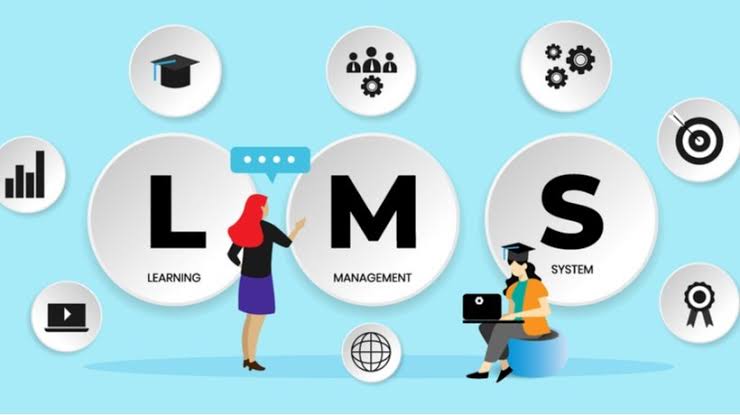It can be difficult to choose an LMS. The reason is that it serves an important purpose and therefore must function properly. There is plenty of information on the web today about how to choose an LMS. There are tools to help with LMS selection, vendor lists, questions and answers, and much more. Furthermore, decision-makers should be aware of what they should not do when selecting an LMS, as many of these items are not explicitly stated.
It’s not an IT purchase.
Do not treat the learning management system like an IT purchase. Regardless of your level of technical expertise, you can assess or determine which LMS system is most appropriate for your company. An LMS is an IT-only solution. From the beginning of the discussion about the LMS, focus on the key goals, expected benefits, and anticipated outcomes.
Do not depend on others.
It is a mistake to assign the research task to one of your team members unless they are capable of mapping requirements to functionality. Your team is no doubt capable, but the evaluation must be carefully done. It should not be left in the hands of someone who may only see it from a limited perspective. They may not provide an accurate or complete view.
Have full trial access.
There are no doubts as to the sales team’s demonstrations or evaluations. But you always buy a car after having a test ride. For the same reason, you shouldn’t buy an LMS without first trying it out. Make sure that the administrators who will oversee the project and some users participate in a full trial. Depending on your team’s schedule and levels of availability, this process can take time, but it can be detrimental to your learning initiative if ignored. For instance, you can go for the Bridge app, which provides a free trial. This way you can get to know how the LMS works for your needs.
Do not leave the LMS vendor to ‘think’ for you.
Customers assume that vendors will take care of all the necessary things on their behalf automatically and are aware of them. These problems can undermine the implementation of the LMS and delay or hamper its implementation. Define and describe your requirements regarding workflow modifications, reporting needs like format or structure, automated notifications, data loading, etc. This exercise may take some time, but it will ultimately save you both money and stress later. Even though we agree a good LMS provider would understand their role and implement a system that would enable them to manage such variables, it doesn’t always happen. You must document the scope and requirements before you begin implementing.
Being Sold on a Single Feature
When looking at a wide selection of software options, it is easy to get caught up in the impressive or exclusive features. While Learning Management Systems often seem to have very similar functions. New functions may seem appealing to you even if they do not serve your purpose. For instance, think about and ask questions regarding Functions, Integrations, Operating Years, Experience, Customer services, and Price.
Make sure your platform won’t affect your entire community with just a few new features.
Not Considering Changing Needs
There is a unique approach to certain requirements in each product. Some of the functions within other core software systems may overlap with others, or may even compete with them, such as class management systems and student information systems.
A company may choose a learning management system (LMS) that does not match its original goals or vision. Therefore, it is crucial to establish and clearly state your goals from the beginning. As a team, you can discuss in support of the goals and what changes should be made.
Focusing on the Short-term
It is possible you started the project looking for a learning management system, only to realize that there is much more to the solution than LMS software alone. You may not feel the need right now. But select a platform that meets your current requirements, as well as a path for future growth. Your business will benefit greatly from such a move in the long run. So, when you find an LMS that satisfies your current needs but does more, don’t hesitate to include it in your roadmap.
Conclusion
You should conduct a thorough analysis of your organization’s learning management system before making a purchase decision. Consider your company’s online training program and learning objectives. Consider what skills your staff will gain from the new LMS. Likewise, you should be aware of all the learning needs of your organization, both now and in the future.


